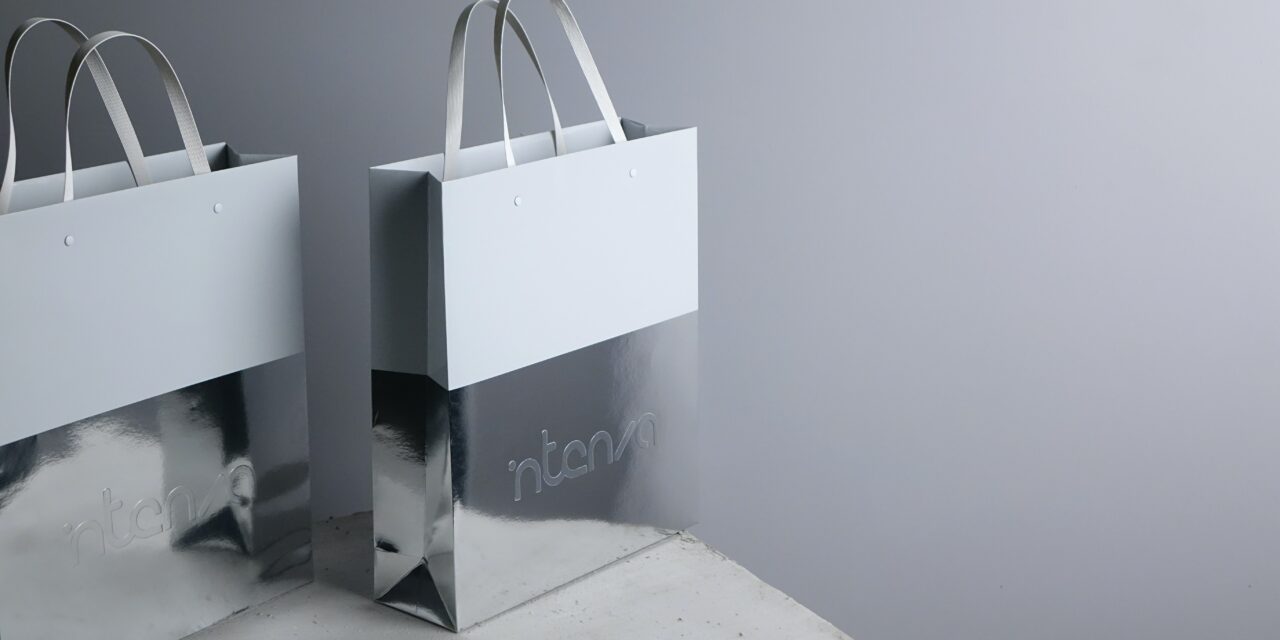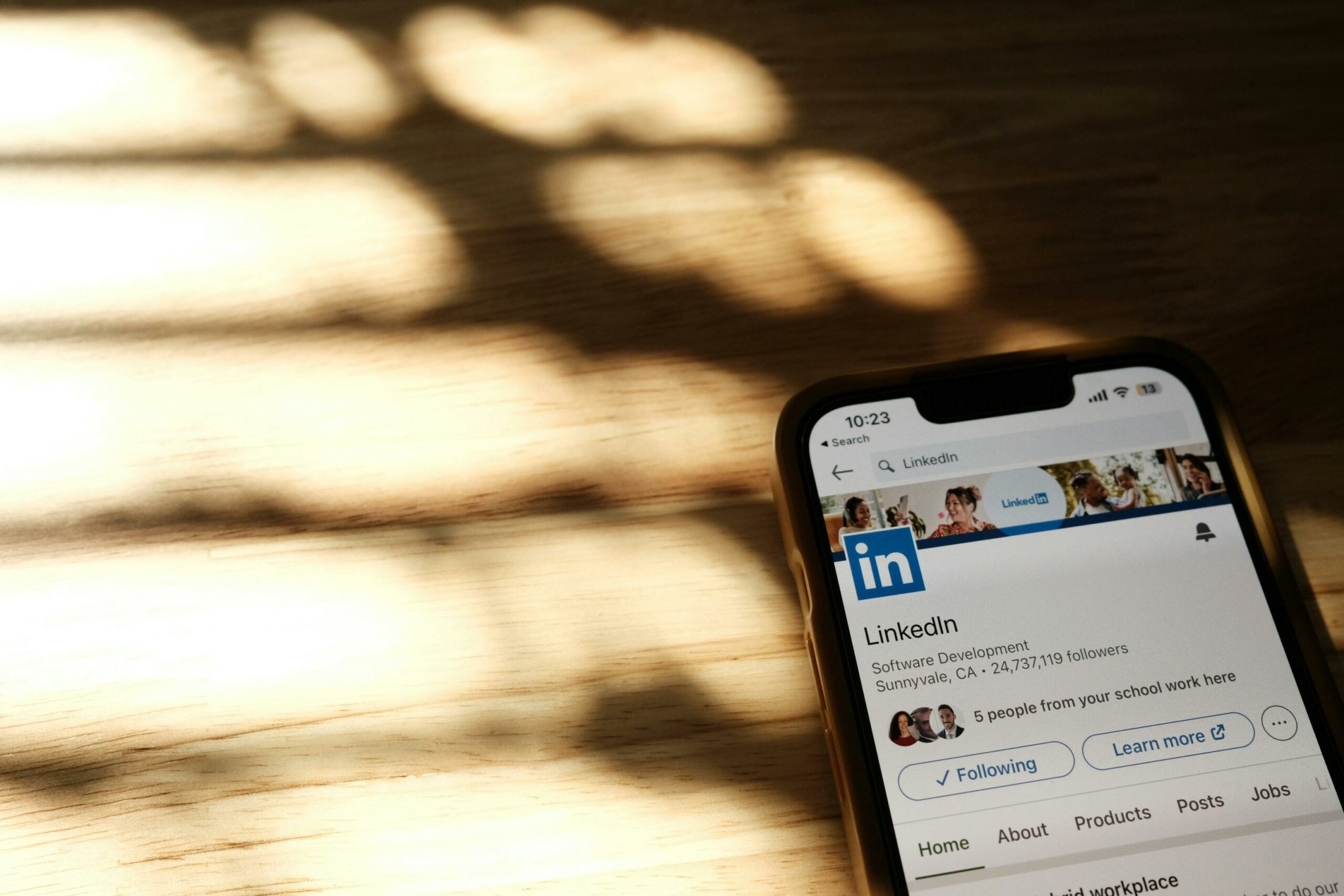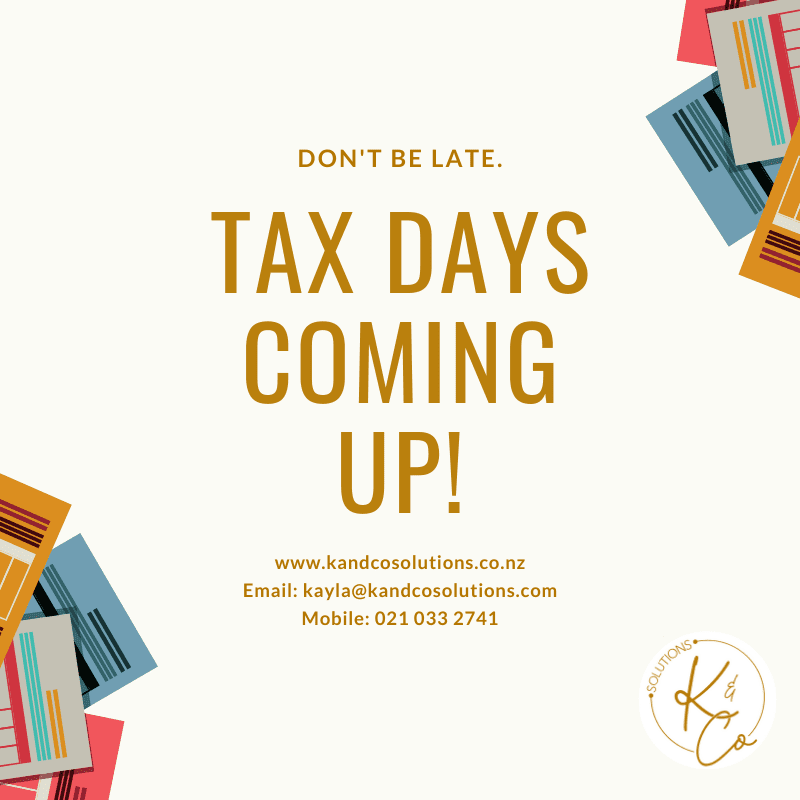Fancy having your university fees covered by your customer loyalty scheme? University fees, divorce legal fees, shiny orthodontic braces and a new driveway are just some of the more unusual customer rewards Kiwis took home in 2022.
Colin Samson, who is chief executive and Certified Loyalty Marketing Professional of Incentive Solutions—which provides data-driven initiatives for B2B loyalty, consumer loyalty and employee engagement to some of New Zealand’s biggest companies—said that the days of a one size fits all approach to loyalty rewards are long gone.
Rather than branded merchandise, vouchers for a store, or one of 2022’s hottest gadgets, quirkier, and far more personalised rewards stood out among those that Incentive Solutions helped to deliver. Brands are always looking for ways to build customer loyalty, but a “stock” approach is a thing of the past.
On loyalty rewards and in particular, “Data-led insights and strategic recognition programmes really are helping to strengthen both business relationships and business performance,” Samson said.
Businesses fast realise that a personal touch is key when it comes to email marketing, and other outreach, so it’d be a mistake to think the approach to rewards should be any different.
“During the past year, we helped businesses deliver rewards as varied as a Mercedes Benz, a new driveway, boarding school fees, orthodontic fees for braces, solar panels, and even landscaping and tree removal,” Samson said.
As diverse as these rewards are, they all have a common thread. They’re practical.
In some cases, necessities, and in others, items that make life a whole lot easier for the customers who earned them. Being able to give customers rewards that are meaningful, not just in terms of sentiment, but in terms of everyday usage, is key.
“By using a strategic rewards strategy, you can achieve a deep understanding of what motivates the people you’re wanting to grow your business alongside and take these important business relationships to new levels. The closer you are to your customers and employees, the more personalised and meaningful you can make your rewards.” Samson said.
If you give your customers a memorable experience, something they’ll use regularly, or something life changing, like braces, your brand will in fact become a part of their life. They’ll always remember the genuine impact that you were able to make together through your relationship.
“A strategic loyalty programme can grow your bottom line through strengthened relationships and scaled return on investment,” Samson said.
With that in mind, Samson offered some ideas for businesses that are thinking about personalising their rewards programmes.
1. Be different
You want your rewards to really stand out, in your catalogue, and in the hands of the customer. That’s why it’s vital to go for something that might be considered unorthodox, just think about the divorce fees. Now that’s an unforgettable reward.
“Distinguishing your brand using interesting rewards will take some creativity. Look at your customer base and consider what they might need. For example, do they have young kids? Are they young up-and-comers, or perhaps gearing down for retirement? Knowing your customers will help you focus your creativity, so you don’t have to swing too wide,” Samson said.
2. Keep it on brand
Of course, it’s just as important to make sure the reward is on brand. There needs to be a link between your business so that the connection remains, and so that the reward isn’t so “out there” that it causes confusion.
“It’s easy to want to put the pedal to the metal and do something zany, but remember, this is still a focused approach, and must all lead back to building the relationship between your customers and your brand. When your customers think about the reward, it needs to relate back to your business thematically. Moreover, if the reward is something in your area of expertise, you’ll be able to make it all the better,” Samson said.
3. Keep it practical
It’s vital that you make sure the reward is practical. It must be something your customer will actually use and appreciate, not something they’ll stick in their cupboard and forget about or save for next year’s Secret Santa.
“It’s not a reward if it’s no good to your customer. That’s why you must make sure that the reward is practical. Through smart use of data, you can figure out what a customer needs and give it to them. By making a meaningful difference in their life, you’ll help strengthen the relationship by laying down a stronger foundation,” Samson said.
For more information visit https://incentivesolutions.co.nz/













